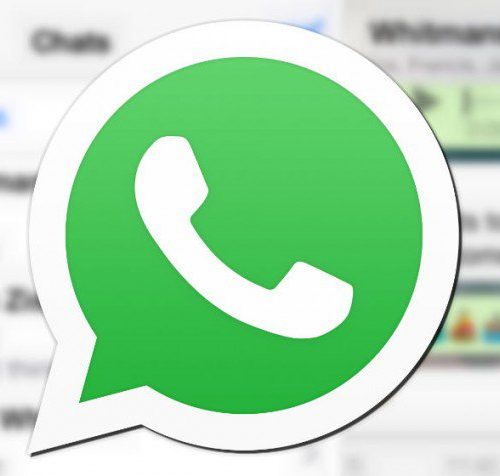With over 42 billion messages sent daily across 109 countries, WhatsApp is a veritable platform for marketing. Recent State of Inbound Report states that 30% of the respondents have used messaging aps like WhatsApp or WeChat or Hike as a business communication channel. Many B2C businesses have started to market and promote their products and services through WhatsApp. Unlike email or SMS, it has high delivery incidence and less restriction on the format. One can send not only messages, but Images, videos, and audio files. As marketing trends become more personalized and user controlled, aps like WhatsApp lend themselves to promotion and lead nurturing.
Where can B2B businesses use WhatsApp?. It is an effective platform for managing internal communications. Sales teams can build an effective channel to discuss the best practices, share novel approaches or just keep sharing the status. Multi-functional groups may find a common WhatsApp group lining disparate information silos and bring in transparency across the organization. Personal, Group and Broadcast can be used to share information across pre-sales, sales and delivery groups. SME can use WhatsApp as Knowledge management tool to disseminate status around key projects or learn form an order. Companies can use WhatsApp as an alternative channel for helpdesk or complaint logging. Customer support team can also use toll free number or WhatsApp live chat for online queries. WhatsApp can be used as a CRM tool to retain the customers. Once the WhatsApp group is formed follow-up with the customers by asking feedback on products and services. WhatsApp can be used to offer discounts and coupons as enticements for loyalty or even recognizing and rewarding brand ambassadors. B2B can also be used for after sale service support including service bulletins and recall information. B2B can use WhatsApp to reconfirm and persuade required attendees who have confirmed their participation for a conference or a workshop. Personalized WhatsApp can help event organizers plan the activities better and reduce wastage.
However, these aps have few limitations on community reach and expansion. In order for a company to communicate with its prospects on WhatsApp, phone numbers of these people must be stored in the company’s phone address book. The catch is that prospects must also have the company’s contact number stored in their respective address books. WhatsApp is a non-starter of the company’s phone number is not actively promoted and is available on the website and other media. Second challenge in the limitation on size of the group limited to 256. Companies with national foot print face the challenge of managing several local groups within a region. Simply the cost of coordination and control of common messaging and effective response is prohibitive. Like many other social platforms, WhatsApp groups also have lurkers, passive guineas and active bulls. Challenge for B2B companies is ensuring their content engine is robust and creative enough to keep the community active. Pedantry messaging of good morning, happy holidays can only flies for some time. Form a marketing perspective, measuring the ROI from WhatsApp is difficult. You can only measure the numbers of people who have seen or sharing buttons or UTM tagging of the post links.
WhatsApp and other aps are powerful and low cost communication tools. Their biggest advantage is their simplicity and quick roll out. In an internet world that is algorithmic and controlled by Google’s of the world, app messaging services support organic reach without having to pay to play the community game. The app message alerts are instantaneous and have a high probability of engagement. Importantly though limited to 256 people, these apps provide scalable yet private platform.
Sai Vinoth TR

